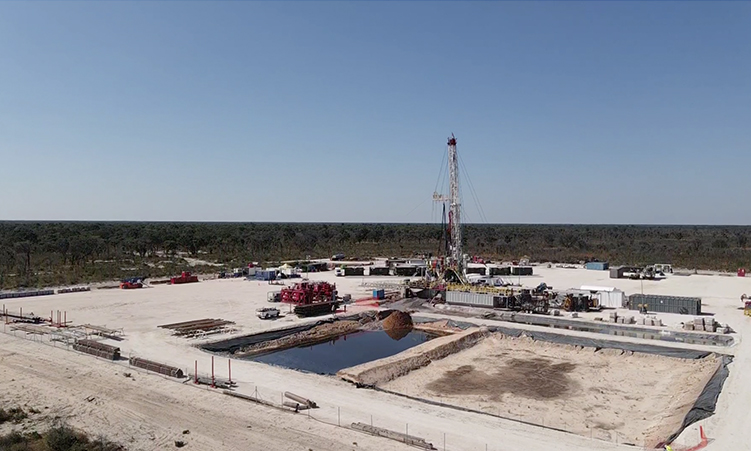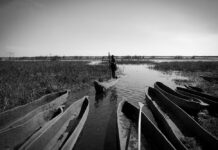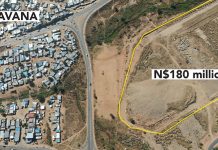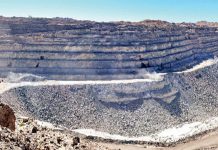By Charmaine Ngatjiheue and James Jamu | 22 October 2021
MICHAEL Kufuna grew up outside Mbambi, deep in the Kavango West region, not far from the Angolan border.
Even after his family moved from the plot to be closer to water supply, they returned to his childhood fields to grow their crops.
His family history there goes back 35 years.
Then one day, their fields are taken over by heavy equipment, part of a search for oil that communities say is sidelining their interests in one of the world’s last great unspoilt ecosystems.
“We just saw the machinery set up before we could do anything about it,” he says.
“The way they did things was very strategic. They informed the headwoman one day, and the next day the work commenced.”
Kufuna’s fields are part of the communal area for which Namibia has granted Canadian company ReconAfrica the rights to explore for oil.
The village is situated around 60km from Rundu.
Mbambi’s then-headwoman, Eveline Ngila, says when ReconAfrica explained the drilling to her, she had no idea of the magnitude of the disruption that would come.
“We live here to cultivate, harvest, sell, and eat, but we also take care of our young children,” she says.
At the heart of the community’s grievances is the feeling that they were never consulted, and that they still don’t understand what’s happening in their fields.
Before the drilling began, Kandjimi Sikongo remembers going to a meeting with the governor, journalists and councillors.
“We will be happy if our children get jobs,” she remembers telling them.
But Dominica Sindimba says only a few people in the communities were informed about the drilling.
“They were not here to consult, and we were only later informed they had found oil,” she says.
“The community wants money and employment. This place is poor.”
Regional government authorities say they have been kept in the dark too.
Local official Damiana Hausiku says the Ministry of Environment, Forestry and Tourism held numerous meetings – but did not invite them.
“We have asked to meet with the environment ministry to raise our concerns,” he says.
“It is like we are being lied to about exactly what is happening.”
After drilling a well at Kawe, Hausiku says ReconAfrica simply left a giant open hole in the middle of the grasslands, without warnings or any indication of whether it would be filled.
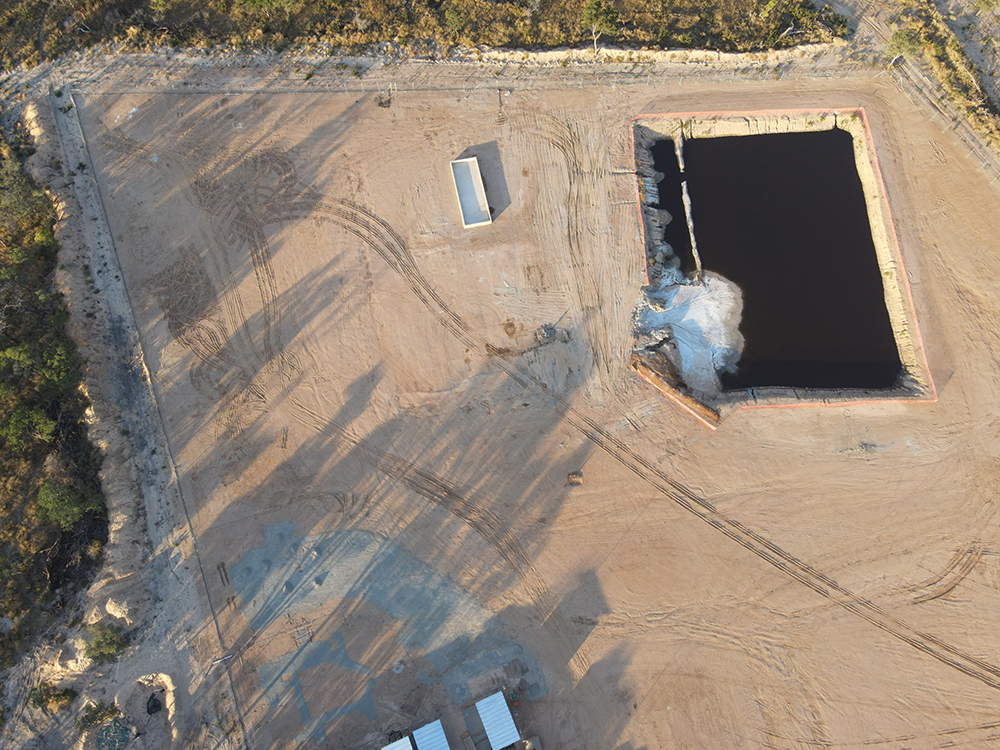
default
“If they left that hole open, what is next?” he asks.
ReconAfrica isn’t naive about the community relations problem. The company employed Alois Gende, a former Popular Democratic Movement politician, to sell the project. His contract expired last month.
“He failed to explain what exactly was happening, seeing how big the project is,” Ngila says.
Residents of Kawe, Mbambi and Ncaute say they were promised jobs.
Gende denies any wrongdoing.
Ngila worries that her mahangu fields will be permanently damaged.
She is no longer headwoman.
She was ousted by the village development committee, and suspects it is because she criticised the drilling. Her sentiments are echoed by the parliamentary standing committee on natural resources, which this month reported that drilling has destroyed homesteads and crops, crippling the livelihoods of entire communities.
It is still not clear if there are any viable sources of oil.
Drilling on a first well began in January.
“My first reaction was sheer horror,” says former geologist Matthew Totten Jr, who has monitored ReconAfrica’s activities.
“It’s in one of the most pristine wildlife areas, and one of the best agricultural areas of Namibia. The idea of oil and gas drilling is scary.
“If the government believes this a good project because there’s all this revenue to be made, they are in for a big disappointment,” he says.
ReconAfrica received its exploratory licence in 2015.
Local communities objected and received support from international organisations like the World Wide Fund for Nature and celebrities such as Leonardo DiCaprio, Forest Whitaker and Prince Harry.
PROMISES IN THE DARK
Former minister of industrialisation and trade Tjekero Tweya heads the parliamentary committee looking into the drilling. He is disputing ReconAfrica’s claims that it has employed more than 300 Namibians.
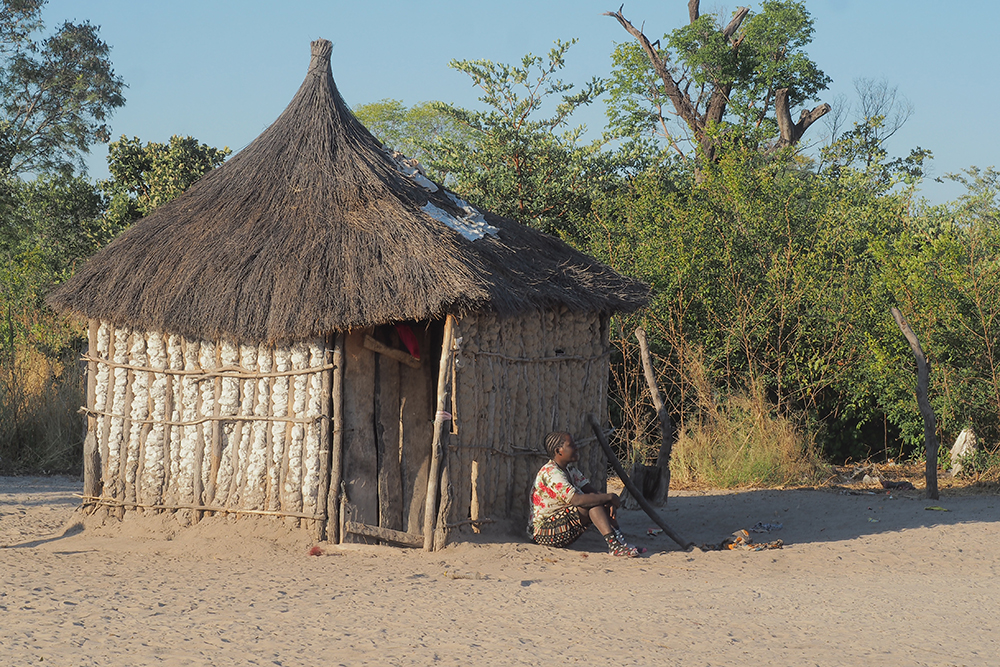
OLYMPUS DIGITAL CAMERA
“The reality on the ground does not reflect that,” he says.
Residents told his committee they believe all the financial rewards are flowing to the government, which has so far collected N$25,1 million in various fees from ReconAfrica.
Kantema Shigave (29) landed a job clearing land for ReconAfrica’s drilling around Kawe.
Once the land was cleared, he says the company told him they didn’t have any more work for him.
“It was just a temporary job,” Shigave says.
If the company can’t provide work to residents, he says they should help build a hospital, improve roads, or set up a cellphone tower.
His neighbour Elizabeth Mangundu says only four of Kawe’s 100 residents have been employed by ReconAfrica.
“They only employ people temporarily, and then that is it,” she says.
QUESTIONABLE CONSULTATIONS
Lurking just below the surface of all the controversies is fracking, the technology that allows oil companies to extract oil from parts of the earth that used to be inaccessible.
The technology has revolutionised the industry, vastly expanding the global supply of natural gas. But fracking leaves behind contaminated water.
In regions like the Kavango East and West the threat of contamination weighs heavily on residents.
But some of the damage is even more immediate. Part of the oil exploration work involves thumping, a process in which heavy trucks drive around and drop enormous metal plates on the ground.
The resulting ‘thump’ is so strong that the earth rattles, giving clues as to the best place to drill for gas.
The thumping has damaged homes, according to the non-profit organisation Frack Free Namibia, because the trucks pass too close to residential areas.
The group is also accusing ReconAfrica of cutting new roads in order to thump, without obtaining communities’ consent.
Nearby residents say they were made to sign documents without any explanation, with no copies of these documents provided to them.
“The company is in clear violation of its environmental clearance certificate issued on 2 July 2021,” the organisation says.
“The environmental clearance certificate must be revoked immediately.”
ReconAfrica’s activities in Namibia have caused global concern.
A series of six National Geographic articles published since last year has highlighted serious concerns, including the possibility of groundwater pollution, and a lack of community consultation in accordance with Namibian law.
A whistleblower says the company has misled its own investors in violation of United States (US) law, and that ReconAfrica was working without the required water permits.
SELLING DREAMS
“We believe ReconAfrica is a stock-promotion company masquerading as a junior explorer,” says Gabriel Bernarde, the director of the US-based financial research group, Viceroy Research.
His firm has monitored ReconAfrica’s books since last year, and has written five reports on the company so far this year.
“We’ve consulted various experts and determined that there is no conventional, let alone commercial, oil to be found in the Okavango River Basin,” Bernarde says.
“ReconAfrica perpetuates this promotion by engaging political greasers, and spending tens of millions on marketing to create a false, but pleasant, public image.”
ReconAfrica spokesperson Ndapewoshali Shapwanale yesterday said the company has not moved any people from their land, homesteads or crop fields.
She said none of their oil and gas exploration activities have taken place or are taking place in any crop fields.
ReconAfrica said it held various community consultation meetings during the environmental impact assessment process, and prior to drill-rig establishment.
“These consultations detailled the project scope and job recruitment process for community labourers required to establish the drill rig,” Shapwanale said.
She insisted that ReconAfrica employs a local-first approach in its recruitment process.
This is contrary to the findings of a parliamentary standing committee which says ReconAfrica is not living up to its promises.
The company is disputing allegations that it has failed to deliver jobs.
“More than 368 people have been hired for different skill sets,” Shapwanale said.
The company is guided by its environmental management plan, she said.
She stated it has to date dedicated N$112 million towards its social responsibility initiatives.
DÉJÀ VU
Namibia has for years attracted start-up oil-exploration companies, mostly speculators from Canada and Australia.
Former minister of mines and energy Isak Katali in 2011 admitted that Namibia has become an “El Dorado for speculators and other quick-fix, would-be mineral explorers and mining developers”.
That same year, a Brazilian gas and oil company, High Resolution Technology (HRT), fronted by businessman Knowledge Katti, threw a red-carpet event when it launched in Namibia.
Amid the glitz and glamour, HRT brought in samba dancers from Brazil to entertain guests, such as former president Sam Nujoma.
In 2013, HRT bosses, including Katti, held a press conference at State House, proclaiming they had found oil off the Namibian coast.
But there was a problem: The oil was “not suitable for commercial use”.
Then-prime minister Hage Geingob nonetheless endorsed the so-called discovery by posing for a picture, holding a sample of the non-commercial oil.
This alleged oil discovery mainly benefited a clique of Namibians, such as Katti, and his foreign partners.
HRT closed its operations in 2015.
Brazilian financial website Capital Aberto revealed in 2014 that some HRT board members in Brazil paid themselves handsome bonuses when they resigned from the company.
According to the report, two outgoing directors pocketed around US$9,4 million each.
Investment research website seekingalpha.com says HRT directors paid themselves huge bonuses first.
The report says HRT raised US$1,5 billion on the first day of trading on the Brazilian stock exchange in 2010, partly using oil blocks in Namibia.
- This article was produced by The Namibian’s investigative unit.
Email news tips from your secure email to investigations@namibian.com.na

